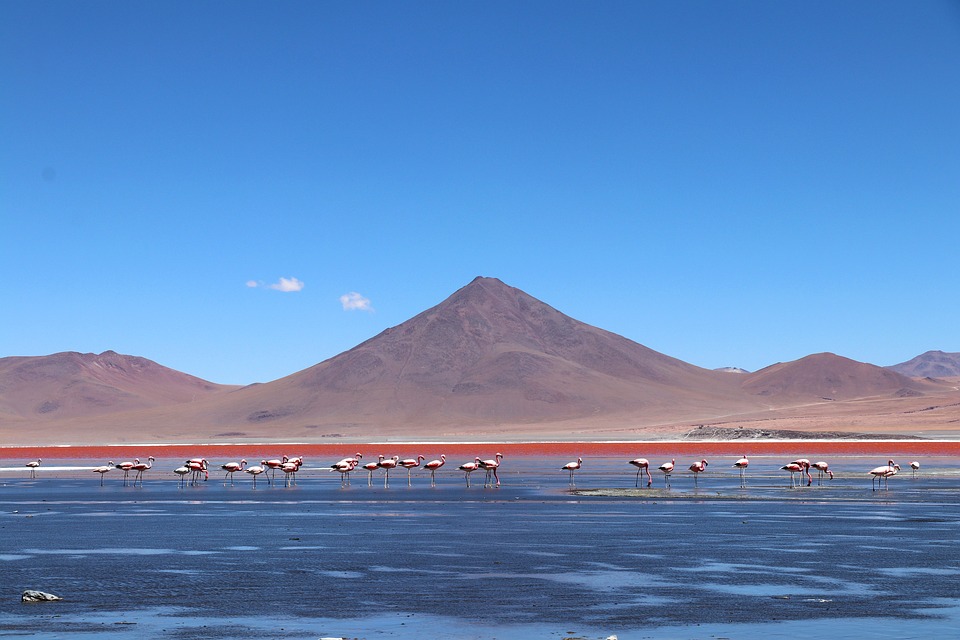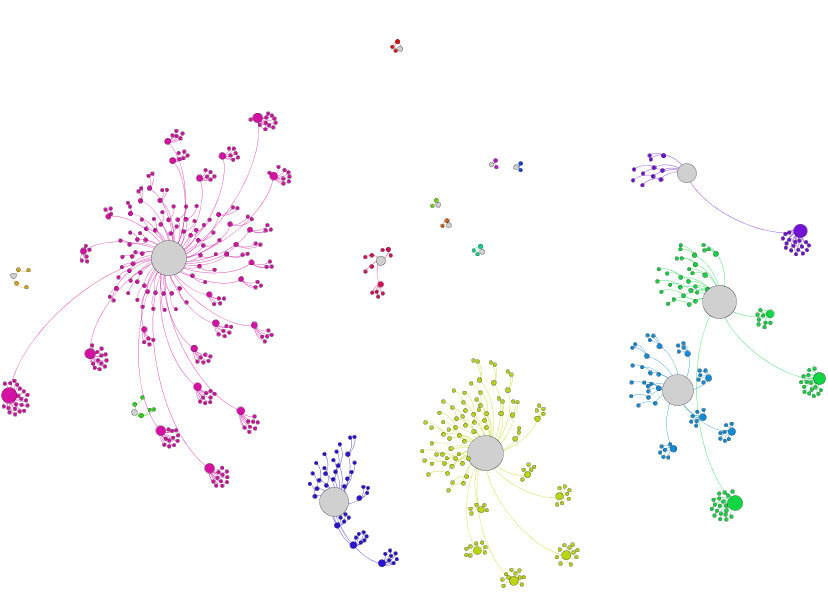
A new paper by International Development’s Dr Tim Forsyth
Public concerns about environmental problems create narrative structures that influence policy by allocating roles of blame, responsibility, and appropriate behavior. This paper presents an analysis of public concerns about transboundary haze resulting from forest fires in Indonesia, Singapore, and Malaysia for crises experienced in 1997, 2005 and 2013.
The source of the information is content analysis of 2231 articles from representative newspapers in each country. The study shows that newspaper reporting about haze has changed from a discussion of the potential health and economic impacts of fires resulting partly naturally from El Niño-induced droughts, toward an increasing vilification of Indonesia for not ratifying the 2002 Association of South East Asian Nations (ASEAN) Agreement on Transboundary Haze Pollution; plus criticism of Singaporean and Malaysian companies investing in palm oil plantations, and ASEAN. Attention to climate change and potential biodiversity loss linked to haze, however, remains low.
The paper argues that newspaper analysis of public concerns, despite political influences on the press, offers insights into how
Read the full paper here.






What’s up, all is going nicely here and ofcourse every one is
sharing facts, that’s really good, keep up writing.